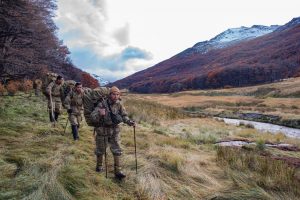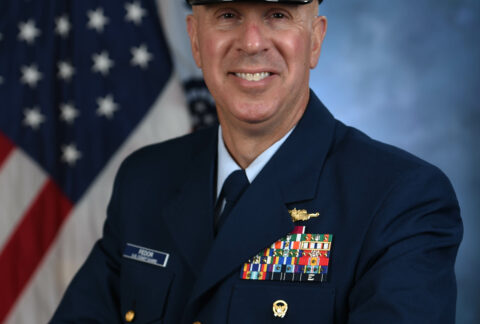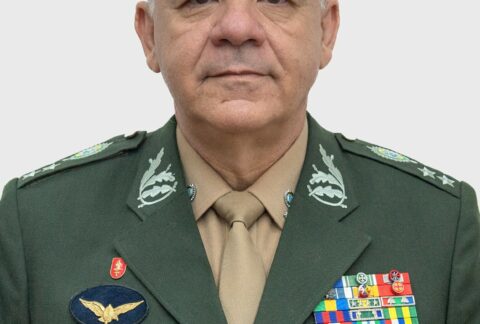With 32 years of military service, Chilean Navy Captain Guillermo Ceballos is one of the 11 partner nation military advisors (PNMA) at U.S. Southern Command (SOUTHCOM).
Capt. Ceballos is a marine corps specialist and a native of San Fernando city, in the Libertador General Bernardo O’Higgins region of Chile. He joined the PNMA program in January 2020 and has since served as a liaison officer between his country and the United States through the program, created by SOUTHCOM in 1998 and formerly known as the Partner Nations Liaison Officer program.
Diálogo: How important is it for Chile to take part in the PNMA program?
Chilean Navy Captain Guillermo Ceballos, Partner Nation Military Advisor at SOUTHCOM: We joined the PNMA program in 2001, and we have participated in this program for 20 years in a row. Over the years, more countries have joined, which means that its importance transcends borders. Personally, I believe that the program offers an excellent level of communication among all participants, especially due to the common interests that exist in the region. This helps us to establish and increase bonds of friendship with the representatives of the different nations, facilitating the links [coordination] between our armed forces and making it possible to achieve our common objectives in the best way possible.

Diálogo: SOUTHCOM has 11 PNMA officers. Why is it important for partner nations in the Western Hemisphere to join this program?
Capt. Ceballos: That there are 11 countries represented in the PNMA program reflects its importance for the region. Over time, it has been shown that we can better address the different problems or threats affecting the region together, or through partnerships, rather than individually [or in an isolated way], thereby yielding results in an efficient and cross-cutting manner.
Diálogo: What are your goals as Chile’s representative at SOUTHCOM?
Capt. Ceballos: The job of a liaison officer, in general, consists of being a nexus or link between the two organizations — in this case, between Chile’s Joint Chiefs of Staff and SOUTHCOM — to facilitate the different instances of talks or coordination, experience exchanges, and [participation in] bilateral or multinational exercises that might exist. Therefore, my goals in this regard are aimed at making these communications as fluid and as efficient as possible to achieve the objectives that both organizations have laid out.
Diálogo: How has the coronavirus pandemic affected Chile, and how have the Chilean Armed Forces helped civilian authorities?
Capt. Ceballos: Like the rest of the countries in the world, Chile has been affected in all the activities it was carrying out, both internally and externally. This has led to our having to establish long quarantine periods and take the necessary precautions to mitigate the effects, especially on the population. Even so, by March 2021, we had nearly 800,000 infected people and more than 20,000 deaths, so the arrival of a vaccine was essential. This is precisely why in late December 2020, we began the vaccination process, which will hopefully have positive results in the near future and enable us to resume our activities in a normal way, or as close as possible to what we were doing.
In terms of the support that the Armed Forces have provided to civil authorities, since the first day the COVID-19 pandemic was declared, the Chilean government decreed a state of emergency, enabling them to provide direct support for the needs that arise. This is how the Armed Forces, as a whole, have directed their means and efforts to the important role of supporting different state institutions, mainly in the areas of internal security and health throughout the country.
Diálogo: What lessons of cooperation do you hope to take to your country when you finish your mission at SOUTHCOM?
Capt. Ceballos: We have been part of this program for nearly two decades without interruption, witnessing first-hand the fruitful relationships that develop in this kind of work environment, where each component strives to offer the best of their capabilities to reach a very good understanding between the parties and solid teamwork. Therefore, these lessons always come with camaraderie, which in the short term turns into a friendship that increases trust, which makes the work done in this Command tangible and recognized by all of us who take part in it.









